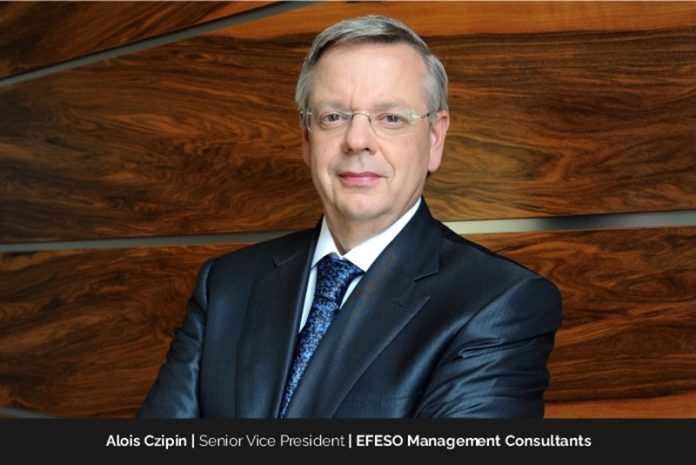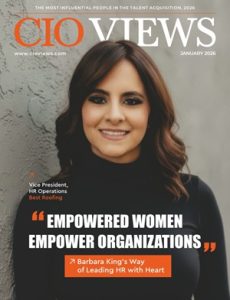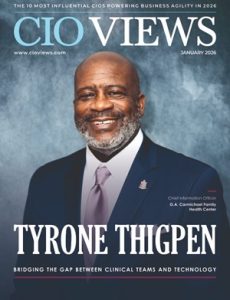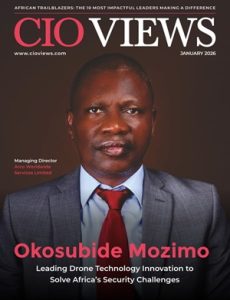Alois Czipin, Senior Vice President at EFESO Management Consultants, is a towering and influential figure in the productivity consulting space. In Austria, he has earned the reputation of being the “mastermind in productivity consulting.” He began his career as a productivity consultant for a global consultancy in 1978, which provided him with the opportunity to learn the profession from the ground up in Europe and America. Alois also founded two successful consulting firms. He grew them from scratch and later sold them – the second company to EFESO. With his first company, Czipin & Partner, he played a major role in shaping the Austrian economy from the 1990s to the 2000s.
Alois holds an Owner/President Management (OPM) degree from Harvard Business School and a Master of Arts in Economics from the Vienna University of Economics and Business.
The Beginning in Productivity Consultancy
In 1978, a 22-year-old Alois began working at Proudfoot, the world’s biggest consulting company at the time. It was here that he learned all about productivity consulting and fell in love with it. “For me, it was love at first sight,” he says. What specifically attracted him to productivity consulting at Proudfoot was that they were not just making recommendations but also installing better processes and systems for planning and monitoring performance. This resulted in measurable improvements, Alois points out.
At Proudfoot, Alois rose to the position of Partner at the age of 27. He, however, quit the firm after seven years. “I left because it was focused more on billing people rather than achieving results,” he says.
Founding Two Companies
After quitting Proudfoot, Alois didn’t join another consulting firm. Instead, he founded his first company, Czipin & Partners, in partnership with his wife Brigitte Czipin. The company’s focus was also on productivity consulting. From humble beginnings, the company grew to a size of more than 100 people until 2001.
“In 2001, we accepted an irresistible offer from Proudfoot,” Alois says. However, he soon discovered that the DNA of Proudfoot had not changed at all. Disappointed, he left the company in 2002. He took a short break of six months and then founded his second company, Czipin Productivity Consulting – again in partnership with his wife.
In a short time, Alois’s second company grew to a size of around 50 people and thus retained the title of Austria’s best-known management consultancy for measurable productivity improvement. But then, according to Alois, he hit a roadblock following the financial crisis. “It forced me to completely rethink my business model,” he says.
Brigitte tried to determine the core of the problem and found that they had become too technical. Because of that, they had lost sight of the human factor. “That insight led to the invention of the ‘Red Elephant’ brand,” Alois says. “The core competence was still productivity improvement, but with a big emphasis on winning the hearts and minds of the employees of our clients.” Alois and his team began using elements of performing arts to change the way and style of their presentations and cooperation. It was a complete reinvention of the company.
In 2021, in the middle of the COVID-19 pandemic, Alois got “another irresistible offer.” This time it was from EFESO, a global management consulting firm specializing in operations strategy, performance excellence, and transformation. Alois could not turn down this offer from this growing operational consultancy with big ambitions. He accepted it, and according to him, it has turned out to be a good choice.
“It gives me the opportunity to offer my clients a much broader range of services – all resulting in improved results,” Alois says.
Merger with EFESO
EFESO is committed to delivering real results across almost all industries. It works in tandem with global brands, mid-sized companies, and private equity to drive success through 1,500+ projects annually in over 75 countries.
Following the merger of his company with EFFESO, Alois found saying “goodbye” to the company’s brand name, CZIPIN, to be emotionally the most difficult part of the journey. He points out that the brand name was the same as his family name, Czipin. “I really had to call myself several times to reason, because I knew that was part of the deal,” he adds.
The other difficult part for Alois was accepting that he was no longer the ultimate boss. “That takes a great deal of self-discipline to accept that,” he says. He convinced himself that he had taken the right decision by “now and then looking at my bank account.”
A Complex Transformation Project
In his long, stellar career, Alois has consistently delivered measurable productivity improvements and guided organizations through complex restructuring, digital transformation, and operational excellence initiatives. One complex project that he handled involved a dairy company. According to him, he worked with this company with the objective to increase line performance (OEE) by 20%, yield by 5%, and reduce indirect personnel by 15%.
“After the initial assessment, we defined measurable targets for each deliverable and established accountable task teams,” Alois explains. As part of the first step, they explored deeper in addition to getting the management of each department to agree to the targets. Only after this, they defined measures and designed systems to create crystal-clear transparency on the shop floor and above.
Alois points out that at first, they wanted to use online data, which proved not possible because of the given time frame and complexity of the data. Therefore, they introduced manual shop-floor boards that showed every hour the plan/actual status of each filling line. Alois recalls that soon, employees on the shop floor started coming to him and pointed at the machine board, saying, “Look, Mr. Czipin, I have achieved my shift target.”
“I knew at that point that we were starting to win the hearts and minds of the people,” he says.
But, eight weeks into the installation, they didn’t see a dramatic rise in the OEEs of the lines. According to Alois, this was when the CEO became a little nervous and started to question the effectiveness of the system. The CEO, however, trusted Alois enough. As a consequence, my team and I put in the necessary extra hours and efforts to move the performance in the right direction.
“The project eventually achieved 100% of the promised result,” Alois says.
Additionally, Alois has played a central role in the long-term sustainability or digital transformation of many clients. He points out that for the last 20 years, he has been working for a chain of cinemas. “We have introduced a very rigid system that hands down clear goals for each location,” according to him.
When the pandemic hit, Alois recalls the client once told him, “Had we not worked with your systems for the last 15 years and saved around €100 million in the process, we would not have survived!”
Assessment and Aligning Goals with Operational Realities
In consultancy, it is important to assess an organization’s readiness for transformation and to define realistic improvement goals. Alois points out that the core of his approach circles around operational reality. Therefore, his teams perform the assessment on the shop floor. They shadow employees in their real life on the shop-floor for days to see and document where and why efficiency losses occur. In addition to that, they also assess the behavior of supervisors and managers with the help of shadowing. “Last but not least we assess the systems for planning and monitoring performance,’ Alois points out.
Additionally, to align long-term strategic goals with the day-to-day operational realities of clients, Alois and his team break down strategic goals into operational performance indicators that can be tracked on a day-to-day basis. “This sounds easier than it is,” Alois says, “but with our operational understanding of performance attributes, we have been able in every single project to answer that question.”
Core of Business and Innovation
Alois underscores that the core of their business will always be the realization of tangible results. He also explains that for them, innovation is not only technical like introducing AI or other advanced technologies.
He firmly believes that substantially increasing productivity is also an innovation in itself. It gives the company a better competitive position, which cannot be easily copied by competitors. “This to this day and age is the biggest secret,” Alois says.
Responsibility, Work-Life Balance, Leadership Traits
As Senior Vice President, Alois is responsible for business development in the DACH area-Germany, Austria, and Switzerland. Although his work can be demanding, he credits his “very robust and stress-resilient nature” for ensuring that he maintains a healthy work-life balance.
Alois leads by example. He believes that trust, walking the talk, and constantly communicating are the most important personality traits of a leader for successful transformations.
Most Critical Trend
There are multiple trends and developments that are expected to redefine and disrupt operational excellence in the next five years. Alois believes that the most critical trend will be the ability to show managers, supervisors, and employees what results can be achieved with the available means and systems and comparing those with reality. AI will play a big role in that regard.
Message to Young Professionals
There are many young professionals aspiring to build a successful career in productivity and performance consulting. Alois advises them to be willing to learn and work hard. “This was the case 50 years ago, and it is the same case now as well,” he points out. “People aspiring to top careers must be willing to go down that route.”
Alois wants his consulting work to leave a lasting impact on future generations of business leaders and organizations. To ensure this, he implements systems that have a visible impact on behavior and lead to better decisions at all levels of management.
Dreams Achieved!
Alois believes that he has achieved everything he had dreamed of. “I can say that to myself because I have been able to help many clients in difficult situations in addition to earning a modest fortune at the same time,” he says.





